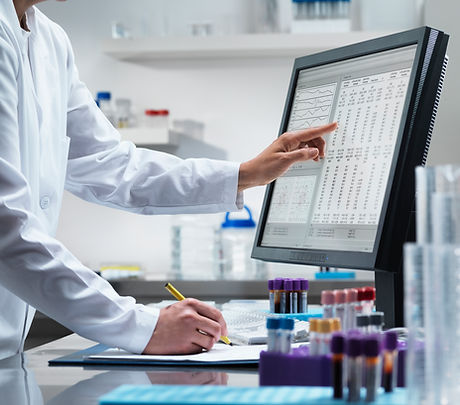Bioregenerative Technologies for Space Applications
The Organic Processor Assembly (OPA) was developed through a collaboration between the University of South Florida (USF) and the National Aerospace and Space Administration’s (NASA) Kennedy Space Center (KSC). An Anaerobic Membrane Bioreactor (AnMBR), a hybrid technology coupling anaerobic digestion with membrane filtration, forms the heart of the OPA. It was designed for an early planetary base (EPB) scenario to aid in closing the resource recovery loop, thus decreasing resupply dependence.
Research Motivation
Long-Duration, Deep-Space Human Exploration missions demand robust and reliable technologies to ensure crew health, safety, and mission success. These missions require technologies that close energy, water and nutrient loops, allowing for smaller payloads and onboard food generation. Organic wastes (i.e., fecal and food) offer a renewable source of carbon, nitrogen, phosphorous (C, N, P), water and other trace elements to sustain water and food production. However, these high-strength waste streams are difficult to treat due to factors such as heterogeneity, complexity, high solids content, and presence of pathogens. Currently, there are no flight-ready technologies capable of treating mixed organic wastes, underlining a technology gap for future space missions

Design and Treatment Capabilities
The OPA is a compact and robust system intended for aerospace application. The OPA is capable of solids removal above 95%, and organic removal above 85%.
